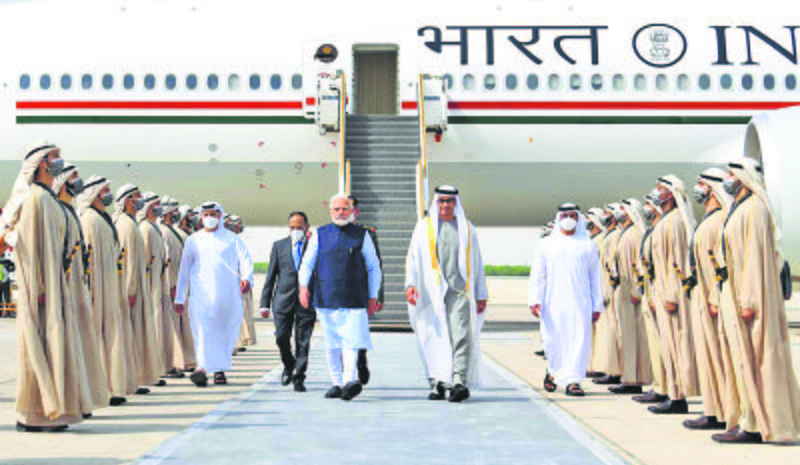K. P. Nayar: India’s policy-making establishment is deeply influenced by two vastly divergent attitudes towards Beijing. One of these approaches is conditioned by a desire to repay the humiliation of the Indian Army in the 1962 border war with China. Howsoever unrealistic this desire to pay back China for the 1962 defeat is, it is a sentiment that runs deep in India’s security system. What is disturbing about this attitude is that it is backed by an appalling ignorance about China, its capabilities, and the progress it has made in recent decades. I say this from experience in conversations over the years with those Indians who ought to know better.
A recent Army notification to scale up Mandarin language training within the defense establishment is, therefore, a very welcome step towards overcoming a serious tactical handicap. In addition to recruiting civilian Chinese language experts as officers, the Army has signed memoranda of understanding with three domestic universities which already impart advanced instruction in Mandarin. Those in charge of public outreach in the defense sector have downplayed this development as a sequel to tensions along the Line of Actual Control and the need to equip soldiers for better exchanges with the People’s Liberation Army on the ground. But it is much more than that and will have positive results which can be far-reaching.

My exposure to the second attitude to China among Indian policymakers came in 1995 from none other than the then Prime Minister PV Narasimha Rao in a conversation on the rise of a unipolar world. Rao took the curious view that the Cold War had not ended. Only one phase of the Cold War was over with the collapse of the Berlin Wall, he insisted. The next phase of the Cold War would be between China and the United States. It was like uncannily looking into today’s circumstances more than a quarter of a century ago. Rao was emphatic that in this phase, India should stand with China and not with the US, just as it was closer to the Soviet Union, not the US, during the first Cold War.
This is a foreign policy position that few in New Delhi would back in public today, although many strategic experts share this view in private. Like the Army’s plans to enhance Mandarin skills, Rao, India’s first Minister for Human Resource Development, introduced the Chinese language in Indian schools. His short-sighted successors as Prime Minister killed this visionary initiative.
Between these two attitudes on China, is a large body of Indian Sinologists, who are very knowledgeable about China, but have mostly learned about the northern neighbor, as today’s young civil service aspirants who prepare for Union Public Service Commission examinations do.
Desperate for new insights on China and out-of-the-box thinking, Manmohan Singh embarked on a course that broke with convention: he took a personal interest in sending to Beijing diplomats who had absolutely no previous training in Sinology. At the end of 2006, Singh received a suggestion to send S Jaishankar as High Commissioner to Colombo. “No,” he told an aide. “I want Jaishankar to go to Singapore. From this reliable outpost, he will watch China for two years and then go to Beijing as Ambassador.” Jaishankar had no previous China experience when he reached Beijing in mid-2009. A year later, Rahul Chhabra, a French-speaking officer, was sent as Deputy Chief of Mission to Beijing.
After scrapping the experiment for 23 months, Prime Minister Narendra Modi embraced this policy once again by sending Vikram Misri as Ambassador in January 2019. Misri, too, had not dealt with China when he went to Beijing.
It will be a make-or-break effort in the next decade and a half for India to catch up with China while India still has the potential for a demographic dividend. So, out-of-the-box thinking is vital, or else the present, all-around asymmetry with China will become permanent. This will drive India into the arms of the US, a declining global power, and New Delhi’s strategic autonomy will be lost.
